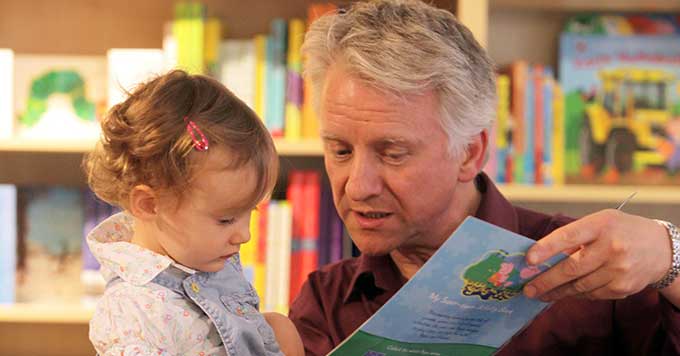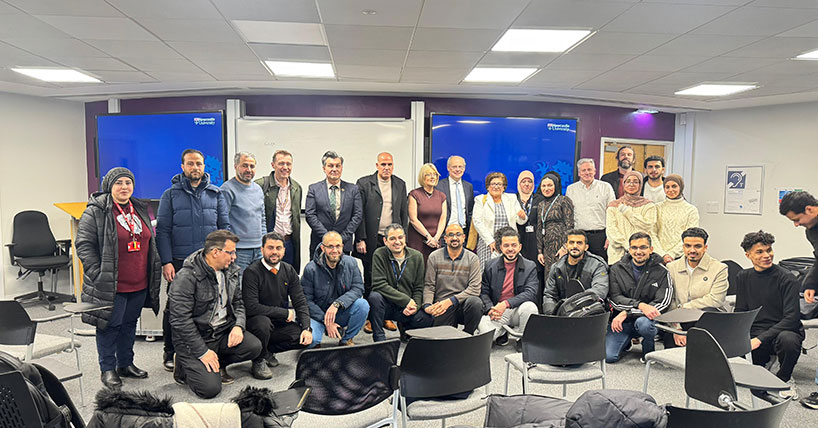Toddler toolkit
Toddler toolkit to identify speech & language delay
Published on: 1 December 2020
Health visitors across England are to be trained to use a toolkit which can identify very young children with speech, language and communication problems.
Early Language Identification Measure
They will use a simple word list and child observation - known as the Early Language Identification Measure (ELIM)- during routine home visits when children are aged two and two-and-a-half.
Research led by Newcastle University, published in a new Public Health England report, shows the ELIM can identify 94% of toddlers with early language needs.
Numerous research studies have shown that children with delayed language development do worse at school and have poorer outcomes later in life. It can also signal other developmental conditions such as autism spectrum disorders (ASD) and attention deficit hyperactivity disorder (ADHD).
“Early speech and language delays can be a worry for parents and professionals alike and researchers have been looking for ways to accurately identify children who would benefit from help. The research suggests the Early Language Identification Measure does just this and more accurately than others.” says James Law, Professor of Speech and Language Sciences at Newcastle University’s School of Education, Communication and Language Sciences, who led the study.
“Once the right children have been identified the key is for parents and other professionals, such as health visitors and early years practitioners, to work together to find out what would most help the child. For children with the most marked difficulties this may be speech and language therapy but it may be finding out more about the languages the child uses or pointing them to resources that help them better understand their child’s needs.”

Working together
In 2018 a team led by Professor Law was commissioned by Public Health England (PHE) and the Department for Education (DfE) to develop a measure of language skills and an accompanying intervention for children attending their health visitor review at 24 and 30 months of age.
The project ran between January 2019 and July 2020 and involved health visitors, early educators and speech and language therapists in five areas - Derbyshire, Middlesbrough, Newham, Wakefield and Wiltshire. More than 800 children were assessed and the ELIM identified 94% of youngsters who needed support.
When a child was identified as needing support, the health visitors would talk with their families to discuss the best ways to help the youngster. Support offered ranged from using online resources to including exercises in everyday life.
"When we worked with health visiting teams on our intervention design we found there was a real appetite and enthusiasm to support children's speech language and communication development however they felt they needed more guidance as to how to do this successfully," says Cristina McKean, Professor of Child Language Development and Disorders at Newcastle University,who deisgned the intervention. "And when we spoke to families it became very clear that whatever support was offered needed to be personalised to consider the specific circumstances of each family. Our intervention model supports practitioners to tailor their approach with families and to find ways to help them to support their children's language development as part of their daily routines."
“As every family’s needs are different what is required is a carefully constructed conversation looking to match the child and families’ needs with the resources that are available. Every conversation is different,” explains Professor Law. “The key thing is for the practitioners and parents to work together to provide solutions so that the child can be ready for school when the time comes.”
The health visitor training programme will begin in January 2021.
The research was carried out by researchers at Newcastle and Aberdeen Universities, the Bristol Speech and Language Therapy Research Unit, the Institute of Health Visiting and Robert Rush, an independent education researcher.



